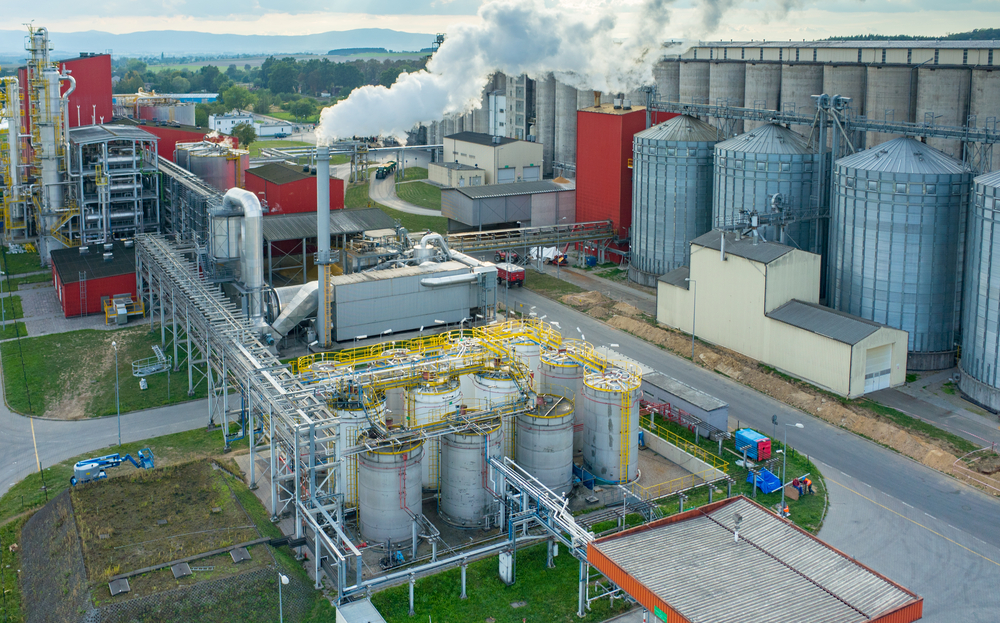
As FreightWaves recently covered, NATSO testified before Congress about the Renewable Fuel Standard’s (RFS) success. They argued that the RFS has largely succeeded because it allows fuel retailers to offer biofuel blends to consumers at a price that is less expensive than purely petroleum-based products. The RFS is designed to enable fuel marketers to lower consumer prices at the pump by blending more renewable fuels into their fuel supply.
(more information about biodiesel ,pls click)
NATSO and all major associations representing the biodiesel supply chain (Advanced Biofuels Association, American Trucking Association, National Association of Convenience Stores, National Biodiesel Board, National Renderers Association, New England Fuels Institute, Petroleum Marketers Association of America, and the Society of Independent Gasoline Marketers of America) recently announced that they are united in their desire to see Congress extend the $1 per gallon biodiesel blender’s tax credit. In a recent letter, part of their argument went as follows:
“The uncertainty caused by the ‘on-again, off-again’ tempo of legislative extensions, including the Bipartisan Budget Act of 2018 which retroactively extended the biodiesel tax incentives through the end of 2017, has somewhat frustrated our sector’s ability to anticipate the availability of the incentives and make the necessary investments. This severely disrupts access to capital, as well as the ability to hire and expand. Given that Congress has frequently extended the credit retroactively, market participants have come to reasonably rely on the credit being retroactively extended when undertaking business and investment decisions. Accordingly, the undersigned trade associations and companies urge Congress to restore the tax credit as soon as possible.”
The EPA’s proposed rule is that it would set the biofuel blending requirement for 2019 while also laying out a plan to reallocate biofuel volumes that small refiners shed through EPA waivers in 2017 to larger refiners next year.
“We thank EPA and the entire administration for hearing and responding to the retail fuel industry’s concerns and proposing ambitious yet achievable renewable fuel obligations. If the United States can continue down this path, while fostering an environment of certainty and transparency, the RFS will continue to function as Congress intended by incentivizing renewable fuel blending while lowering fuel prices for consumers,” President and CEO Lisa Mullings wrote in her letter.
Ethanol producers and farm-state leaders, by contrast, have blasted the Trump administration proposal. Furious refiners leaned hard on the agency to dump the reallocation proposal when they argued before the House Energy and Commerce Environment Subcommittee a few days prior on June 22, saying that the proposal would force refiners to blend more biofuel into petroleum next year, and that the modest planned increase is undercut by the EPA waivers exempting refineries from the mandate.
According to Politico, both oil and biofuel sources agreed the blending requirements for 2019 would likely resemble the following: Conventional ethanol would be set at 15 billion gallons, the legal maximum, with an increase of around 500 million gallons of advanced biofuels. Biodiesel volumes, which are set a year in advance, would stay level at 2.1 billion gallons for 2020, though one biofuels source thinks there might, in fact, be a modest increase.